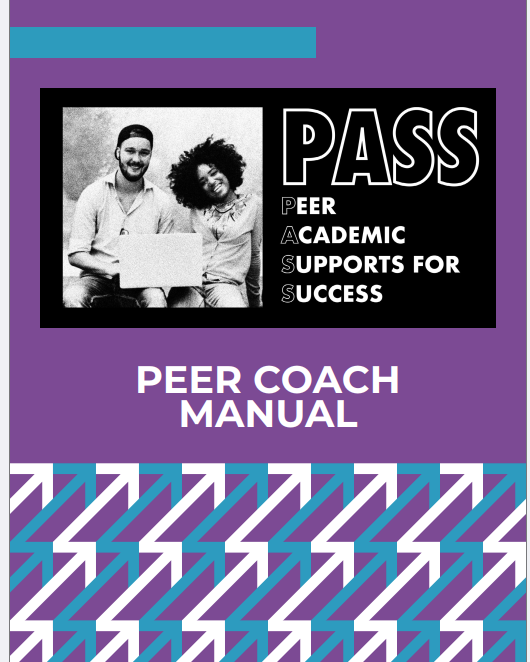Integrating young adult experts by experience into community engaged research: A case study from a research center in the United States
Co-Authors: Kathryn Sabella, PhD, UMass Chan Medical School; Tracy Neville Research Coordinator II, UMass Chan Medical School; Mei Pearlstein, Research Coordinator I, UMass Chan Medical School; Elizabeth Thomas, PhD, Temple University; Michelle Munson, PhD, New York University
Abstract
Community engaged research (CER) is a cooperative approach that includes partnerships, collaboration, and co-learning among researchers and individuals with lived expertise. While this approach is known to be valuable, researchers often struggle with how to engage young adults with lived expertise as partners in research, especially those from underserved backgrounds. When a new Research and Training Center was funded in September 2023, investigators partnered with members of a Young Adult Advisory Board (YAB) to initiate several research and knowledge translation activities that they helped develop. This presentation will summarize how the research team a) broadened representation of diverse lived experiences within the YAB, b) thoughtfully assessed where and how young adults could be integrated onto research and knowledge translation teams, and c) trained young adult experts and staff to encourage meaningful partnerships. We aim to share our experiences with other researchers and young adult experts to spark an exchange of ideas and provide examples of how CER with young adults can be put into practice.
The Center for Community Inclusion and Reflective Collaboration (the CIRC Center) aims to improve community participation outcomes among young adults with serious mental health conditions who have experienced social disadvantages and/or come from backgrounds that have been marginalized. This Center is led by UMass Chan Medical School and Temple University researchers with prior participatory research experiences. However, the launch of this Center required a concerted effort to build upon existing participatory infrastructure and reckon with current issues of social justice to meaningfully partner with young adults.
We first assessed the level of representation in our existing YAB to consider which voices and experiences were missing from the group and then launched an intentional nationwide search for young adult advisors who identified with multiple social identities that aligned with the mission of the Center. Secondly, we created a process to bring young adult advisors into more meaningful roles within project teams (e.g., research interviewers, co-investigators, social media content creators). Investigators and team members defined each role and associated expectations to demystify them as much as possible while also leaving room for flexibility and co-learning down the road. Finally, all team members, including young adult experts by experience and experienced research team members, participated in training and discussions to exchange knowledge with each other to create an equitable environment for all to participate. These knowledge exchanges included concrete skill-building related to specific tasks (e.g., interviewing, data analysis) and included important discussions about power dynamics and using trauma-informed practices.
While these initiatives necessitated an investment of time and resources, they ultimately contributed to important new learnings we could apply to our research (e.g., identifying and resolving issues around language) and maximized meaningful partnerships within our project teams. Simultaneously, this work enabled young adults, regardless of their educational background, the opportunity to participate in the design and conduct of research and knowledge translation activities. By sharing our process and learnings, we hope to help others do community-engaged research with young adults more effectively in the future.
 Transitions to Adulthood Center for Research is proud to be a supporter of the 7th annual IAYMH Conference in Vancouver. This year's theme: "Turning the Tide: Creating a global blueprint for prevention and integrated care in Youth Mental Health" will be an avenue to explore the progress that has been made in youth mental health and show us a reimagined future.
Transitions to Adulthood Center for Research is proud to be a supporter of the 7th annual IAYMH Conference in Vancouver. This year's theme: "Turning the Tide: Creating a global blueprint for prevention and integrated care in Youth Mental Health" will be an avenue to explore the progress that has been made in youth mental health and show us a reimagined future.
 Peer Academic Supports for Success (PASS)
Peer Academic Supports for Success (PASS)